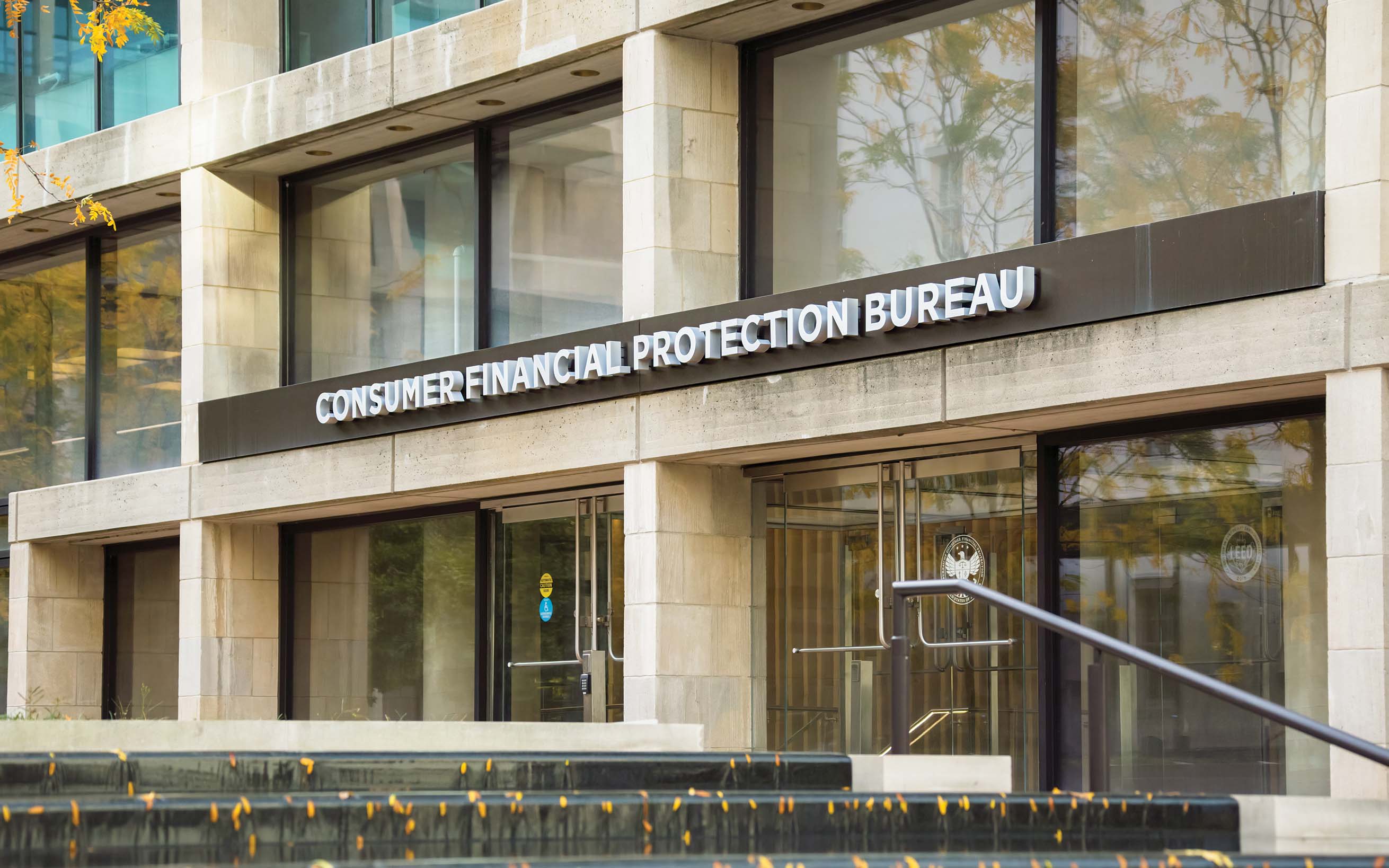When members of Congress return home during congressional recess, it’s a great opportunity for community bankers to engage with them over policy—with the right preparation.
John Coleman: Make the Most of the August Congressional Recess
June 02, 2023 / By John Coleman
When members of Congress return home during congressional recess, it’s a great opportunity for community bankers to engage with them over policy—with the right preparation.
With summer underway, it’s easy to get caught up in the long, sunny days and forget about the fast-approaching August congressional recess, which runs July 31 through Sept. 4 this year. However, for community bankers, the August recess is a call to action. This recess is a fantastic opportunity for advancing community bank advocacy.
When Congress empties out for the summer, members don’t just vanish. They return to their home districts, eager to engage with constituents. There’s no better person to provide boots-on-the-ground insights than a community banker, someone who’s an integral part of the community and equipped with the knowledge, experience and real-life narratives that can shape policy discussions.
Advocacy isn’t about grand, sweeping statements. It’s about the power of personal stories, and that’s where community bankers shine. You’re not dealing in hypotheticals or faceless statistics. You’re at the forefront of small business lending, job creation and local economic prosperity. Your experiences and insights, drawn from your own district, can drive home the impact of policies in a visceral way.
Whether you’re illustrating the challenges posed by tax-advantaged credit unions, explaining the local repercussions of the lack of a safe harbor law for legal cannabis banking or voicing concerns about the potential effects of a U.S. Central Bank Digital Currency (CBDC) on local lending, you’re bringing abstract issues to life. This personalized approach is what differentiates community bankers from the crowd, and the August recess is your stage.
How to prepare for the August recess
So how do you make the most of this opportunity? It’s all about preparation and connection.
Lay the groundwork to arrange meetings. Whether you’re new to advocacy or have already built relationships, ask to meet with your representative or their staff while they’re in town. Be proactive, but not pushy, and don’t forget to share why you’d like to meet and the issues you’d like to discuss. Remember, a meeting with a key staffer can be a fruitful one given their influence.
Invite your local legislator to your community bank. Let them see firsthand the difference you’re making and why the policies you support matter. Seeing is believing and these kinds of experiences leave a lasting impression that goes a long way toward building a strong relationship.
Take advantage of political fundraisers or host your own. These events not only provide additional opportunities for face-to-face engagement but also demonstrate your commitment to supporting pro-community bank candidates. Be a good corporate citizen of your local community and consider hosting a fundraiser for a legislator or contributing directly to their campaign. Don’t know where to begin? Reach out to ICBPAC for ideas.
ICBA’s top legislative priorities
Every point of contact with a legislator or their office should include a direct ask for cosponsorship or a yes/no vote on a particular piece of legislation. ICBA’s top legislative priorities include:
Differentiate community banks. Regulators and Congress must recognize the difference between community banks and larger, systemically risky banks. Community banks shouldn’t pay for recent large banks failures with increased deposit insurance fund (DIF) premiums.
Exempt community banks from Section 1071. Support Congressional Review Act (CRA) resolution to repeal the CFPB rule; H.R. 1806, which would exempt lenders that make fewer than 500 small business loans annually and narrow the definition of small business (less than $1 million in annual gross revenues); and H.R. 1810, which would require a rulemaking to determine which data will be published.
Congressional oversight of digital assets. Cryptocurrencies and stablecoins need to be regulated. ICBA opposes a central bank digital currency (CBDC) due to the inherent privacy, cybersecurity and systemic risk.
Bolster rural communities. Pass the 2023 Farm Bill reauthorization with ICBA-supported provisions to help rural America. Support the ACRE Act, which would lower borrowing costs for farmland and homes in rural communities.
Oppose credit card routing mandates. Oppose the Credit Card Competition Act, which would benefit big box stores at the expense of consumers and community banks.
Reevaluate taxation of credit unions and Farm Credit System (FCS) lenders. Support congressional review of the NCUA and the FCA and modernization of the tax code to restore a balanced and competitive financial landscape that protects consumers, serves small businesses and enhances revenue for federal, state and local governments.
Close the industrial loan company (ILC) loophole. Support legislation to close the ILC loophole to preserve America’s longstanding separation of banking and commerce.
In all your endeavors, remember the power of collective action. Engage with your ICBA-affiliated state groups, and don’t hesitate to seek assistance from ICBPAC for political fundraisers.
The August congressional recess may be just a few weeks away, but it’s never too early to start planning. Harness the power of your personal stories, forge connections and let’s make a difference together. Your advocacy is not just valuable—it’s essential.
Subscribe now
Sign up for the Independent Banker newsletter to receive twice-monthly emails about new issues and must-read content you might have missed.
Sponsored Content
Featured Webinars
Join ICBA Community
Interested in discussing this and other topics? Network with and learn from your peers with the app designed for community bankers.
Subscribe Today
Sign up for Independent Banker eNews to receive twice-monthly emails that alert you when a new issue drops and highlight must-read content you might have missed.
News Watch Today

Join the Conversation with ICBA Community
ICBA Community is an online platform led by community bankers to foster connections, collaborations, and discussions on industry news, best practices, and regulations, while promoting networking, mentorship, and member feedback to guide future initiatives.












